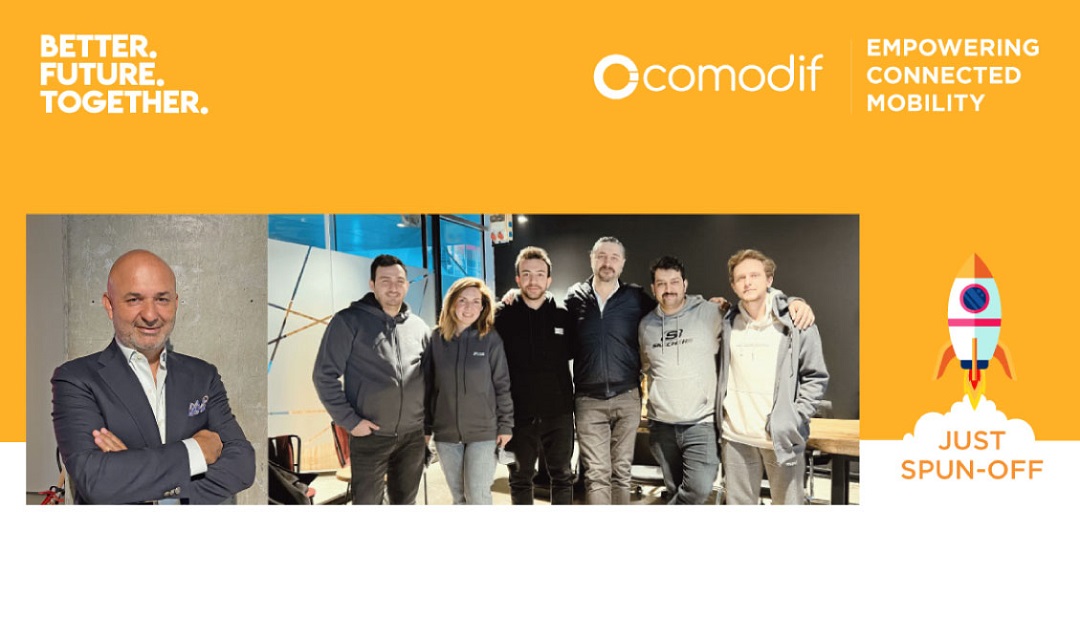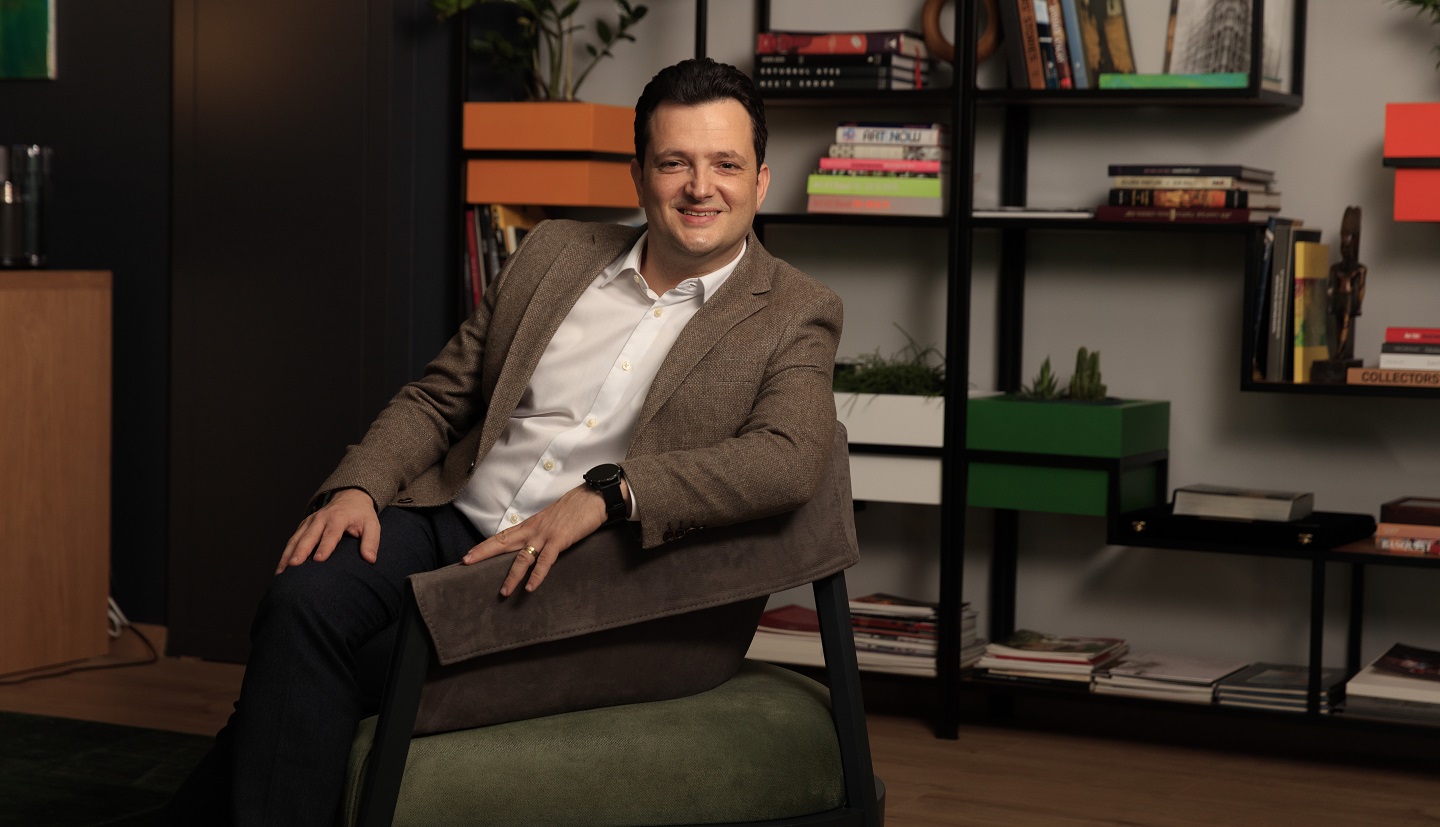
Circular Economy at Farplas
We discussed the circular economy, the circular economy initiatives at Farplas, and the importance of sustainability with Dr. Yavuz Emre Yağcı, Farplas R&D Manager.
What is the circular economy and what does it mean for Farplas?
We live in a world with a growing population, increasing consumer demand, and increasingly scarce and expensive natural resources. A circular economy focuses on using resources for as long as possible with maximum value and planning their value at the end of their service life by recycling and regenerating them. Circularity creates closed-loop cycles in which waste is minimized or even eliminated by being converted into a resource. The approach aims to reduce the impact on the environment and reduce the consumption of new resources and expensive waste disposal. Therefore, a circular economy should be recognized as a business model and a lifestyle model.
For Farplas, the circular economy model is crucial. We need to pay more attention to product recyclability, reusability, and durability to create significant value and save costs. With the coming EU regulations, OEM’s will have to integrate towards Circular Economy, and an on-time transition will provide Farplas a more competitive business and environmentally friendly reputation.

After this general information, could you also provide us with some information about the circular economy in the automotive industry?
Global automakers have actively improved resource efficiency by remanufacturing various parts, including engines and gearboxes. The approach has proven to reduce overall waste by 70% and other significant savings on energy, chemicals, and water consumption. The remanufacturing process started with metal parts and inspired polymeric productions.
The automotive industry not only contributes to the circular economy by remanufacturing parts, but it can also do so by extending the life of the vehicles or designing parts that can serve different uses at the component or material level at their next service life.

As a reflection of European Commission’s targets for industry, Automotive will prefer suppliers with less waste, less environmental effects, and more recycled products. Also, digitalization in supply system management and production facilities helps to improve circular business models.
Besides these, what about environmental challenges?
I think the automotive industry needs to focus on environmental challenges. Practicing the circular economy in the automotive industry makes it necessary to look at some ecological challenges like:
- Fight against global warming to ensure the reduction of greenhouse gas emissions.
- Reduce the emission of particles that have an impact on health.
- Protection of natural resources to reuse and optimize the use of natural resources.
To meet these environmental challenges in the automotive industry, vehicle manufacturers, Tier-1 and Tier-2 car companies need to re-examine their production processes. Solutions that may pave the way for sustainable environmental strategies include adopting a production model that relies on high-performance and affordable ecological processes.
As Farplas, what are we doing in our R&D projects or other processes with the circular economy aspect? Could you tell us more about it?
The Covid-19 pandemic has reminded us of the importance of limited resources and how important it is to initiate a business model based on sustainability. To achieve this transformation, Farplas has investigated circular opportunities and built a vision. Developing collaborations and frameworks in the field resulted in several projects contributing to Circular Transition that aims to turn materials and data at the end of their particular service life into resources.
I will give some projects as an example and the steps Farplas has taken towards the circular economy model:
REVOLUTION
Optimization of the input of recycled materials and injection moulding process to deliver high-quality lightweight parts.

Farplas’ multinational EU Horizon 2020 REVOLUTION project proposes a disruptive innovation that will bring open-loop recycling to the forefront of automotive injection moulding. In the REVOLUTION project, we will use machine learning and artificial intelligence to optimize the input of recycled materials and injection moulding processes to deliver high-quality parts. Our goal is to enable Electrical Vehicles to have more recycled content at their lightweight components with a method applicable to aesthetic and mechanical parts. Farplas and partners aim to prepare for European Commissions’ future circularity measures like obligatory percentage of recycling use. After a successful implementation of REVOLUTION, we aim to lightweight EVs by 20%. As Farplas, we will produce vehicle parts with recycled materials with less weight by 20%. This initiative will be so crucial for the traditional automotive industry’s transformation into EVs.
MULTICYCLE
Selective extraction allowing recovering pure plastics and fibers in multi-material composites.

In some projects, automotive demands the design and manufacturing of multi-material parts with high fiber content. However, traditional recycling methods suggest physical applications which reduce their mechanical and economic value. Our ongoing Multinational EU Horizon 2020 project MultiCyclewill deliver an industrial recycling pilot plant for fossil and bio-based thermoplastic multilayer packaging and fiber-reinforced composites using the CreaSolv® process. CreaSolv® is a registered trademark of CreaCycle GmbH, patented by the partner FRAUNHOFER. The system enables solvent-based separation of all components in a multi-material composite followed by upcycling to their new use. With this project, Farplas will provide a circular approach to its composite parts even after their service life.
Supply Chain Management and Big Data analytics for the Circular Economy
Responsible and sustainable business operations and activities are also a key concept for the Circular Economy. Processes such as sourcing, manufacturing, and distribution are critical in CE. A successful implementation, facilitation of Supply Chain Management (SCM) and Big Data Analytics (BDA) help to capture this value. BDA refers to all the tools and techniques that analyze vast and varied business data to generate meaningful decision-making insights. In 2019, Farplas upgraded to SAP HANA operation system where Materials Management and Sales and Distribution modules will run through the in-memory database technology that makes data processing and transactions very fast. Also, in 2019 Farplas started Big Data Analytics Project, focusing on its core business, injection moulding. The project aims to give insights into the visualization of production-driven data.
These projects will improve Farplas’s competencies to design, develop and manufacture more qualified recycled and recyclable vehicle parts while conducting data management systems to fulfill the whole circular model. Furthermore, with the following circular economy aspect, Farplas will take some other responsibilities from global-based automotive manufacturers for different parts in the future. Therefore, these initiatives reduce the Turkish automotive industry’s environmental footprint.





